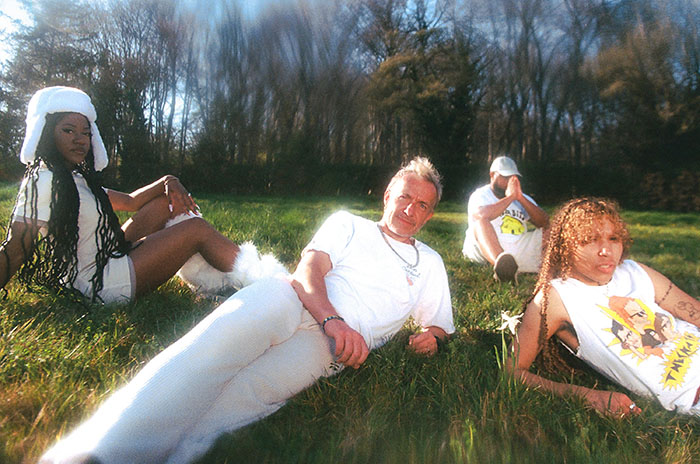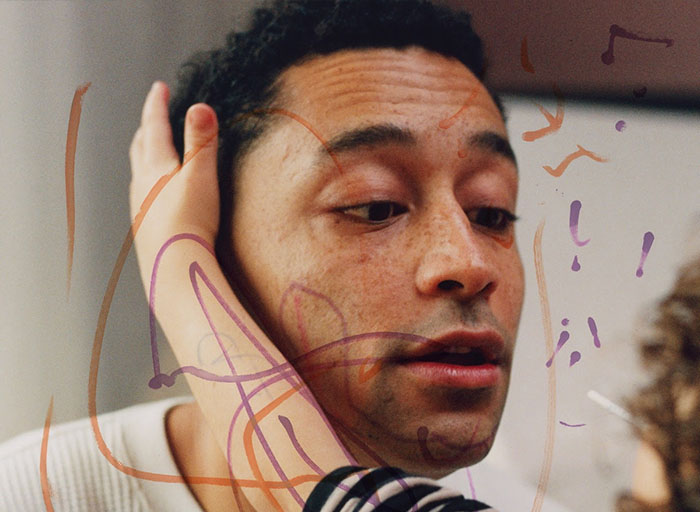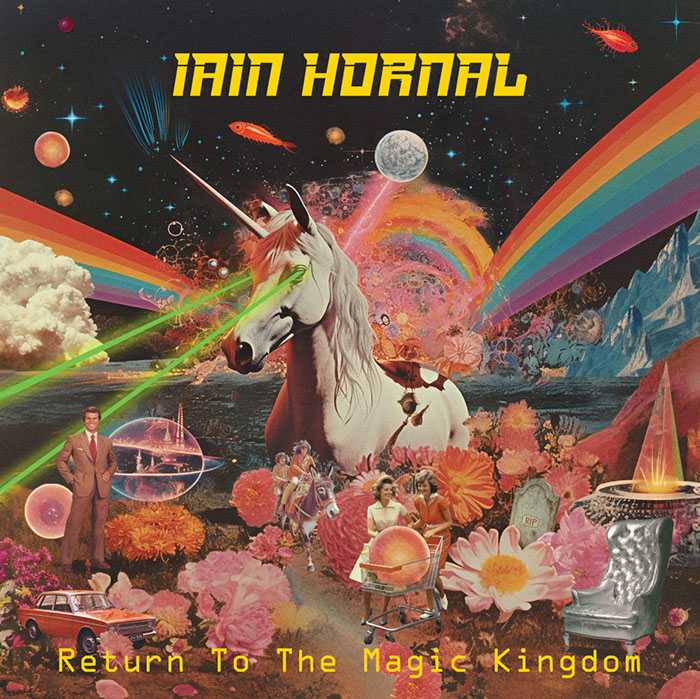Ladybyrd released her debut single ‘Too Close To Call’ and saw a flurry of new music champions – Clash, Notion and Wonderland
Setting Ladybyrd’s gracious vocal elegance to a plush piano melody, ‘Stolen Sunlight’ is further enhanced by an expansive, cinematic string arrangement which tugs at the heartstrings, hinting at her admiration for Hans Zimmer and Thomas Newman’s work. There’s once again a poetic, literary undercurrent to her lyricism but this time the feelings that she expresses can only be tackled head-on – there’s no way to sugarcoat the slow-motion realisation that, “You never loved me the way that I loved you.”
Ladybyrd says, “The song captures the turbulent emotions of losing something that was special – or that you thought was special. It’s about a love you now know was flawed and untrue, with all passion and hope just a memory. I drew inspiration for this song from many relationships I’ve witnessed, or been in myself. Whether romantic or platonic, when you realise that your love towards that person was never truly reciprocated, it stings.”
‘Stolen Sunlight’ is a song that would feel naturally at home soundtracking a cinematic break-up. Cinema and literature are two of Ladybyrd’s passions. She recently posted her Bookshelf Series on TikTok, which saw her condense stories ranging from ‘Pride & Prejudice’ to ‘Up’ in the shape of short-form songs.
The dual love of music and storytelling have inspired Ladybyrd throughout much of her young life. Naturally she gravitates towards artists who in various ways combine those two worlds, with personal favourites including Bon Iver, Gracie Abrams, Hans Zimmer, Kate Bush, Maisie Peters, Phoebe Bridgers and Taylor Swift.
She was raised in a relatively sheltered family life but is now embracing the opportunities and adventures that are presenting themselves following a move to London. The name Ladybyrd perfectly encapsulates the music that she made, but it comes from a special place. It has passed through her family as a nickname her late grandfather gave to her mother, who again passed it onto her. She then changed the spelling to byrd in reference to the British renaissance composer William Byrd.









Comments are closed.